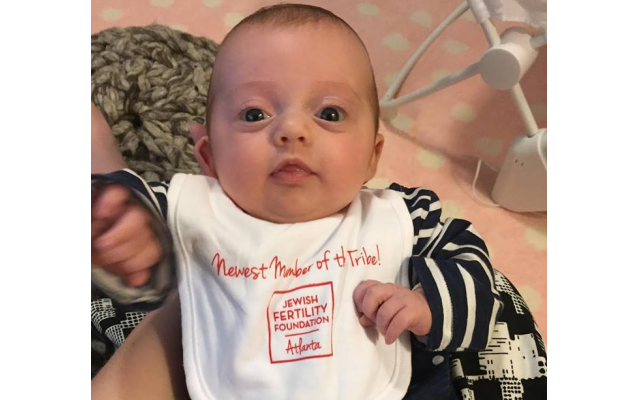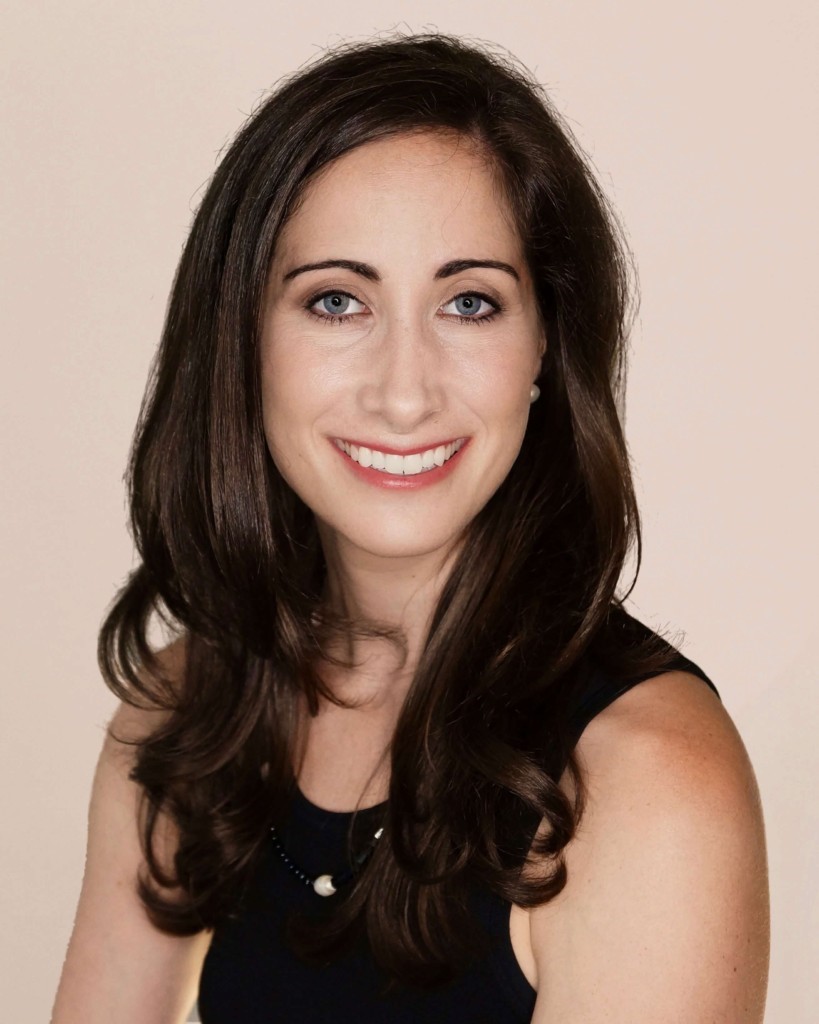Jewish Fertility Foundation to Bestow Honors
Researcher finds that Conservative and Reform Jews are more likely to experience egg-related issues because their first attempts at pregnancy are later in life.

The Jewish Fertility Foundation is having its first gala Oct. 28 to honor the chair of its medical advisory council, Dr. Daniel Shapiro, and four rabbis from across the religious spectrum who have been supportive advisors. They are rabbis, Peter Berg of The Temple; Analia Bortz of Congregation Or Hadash; Adam Starr of Young Israel of Toco Hills; and Mark Zimmerman of Congregation Beth Shalom.
The inspiration for the “fun-raiser” at The Fairmont, Carnival for a Cause, is that infertility is like a roller coaster, said Elana Frank, JFF executive director and founder. The gala includes fire throwers, acrobats, magicians, an auction, cocktails, kosher food, and a chance to celebrate, Frank said.
The three-year-old foundation provides financial assistance, educational awareness and emotional support to Atlanta’s Jewish families who have medical fertility challenges.
An estimated one in eight American couples have difficulty conceiving. In the Jewish community, the infertility rate is even greater: one in six. The longtime trend of Jews putting off marriage and starting a family – mostly to pursue higher education and start their careers – elevates the risk of infertility, Shapiro’s statistics show.
It also creates more work for the foundation. In addition to providing emotion support, JFF awards in vitro fertilization grants; offers discounted rates for fertility treatments; partners with a Jewish loan organization; and trains communal leaders and fertility staff.

The research of Dr. Shapiro, a reproductive endocrinologist at Reproductive Biology Associates, led to the latest statistics the JFF uses about infertility.
His breakdown by age shows that one in 10 couples under 30 suffer from infertility, but that rate increases progressively with age. For instance, one in six couples, ages 35 to 37, and one in two couples, ages 41 to 42 contend with fertility issues. The average age of women undergoing IVF is 35, JFF reports.
While infertility hits all three major Jewish denominations equally, Shapiro found that certain conditions affect those denominations due to when they are more likely to begin trying to have a family. For example, Orthodox couples may get married and attempt to have children earlier. So they may experience polycystic ovary syndrome, a hormonal disorder in women, and male factor infertility, sperm-related issues in men.
Conservative and Reform Jews are more likely to experience egg-related issues because their first attempts at pregnancy are later, he found.
Shapiro’s new colleague, reproductive endocrinologist Dr. Jessica Rubin, had this to say about the issue: “We often speak openly about our medical conditions — such as cancer or heart disease — but struggles with fertility remain silent,” said Rubin, who joined RBA last month. “The desire to conceive holds significant importance for many Jewish partners, and the inability to conceive without intervention can be devastating. An open dialogue regarding impaired fertility should become more commonplace.”
There are many contributing factors that create reproductive challenges, she said.
“More women are delaying parenthood to advance their professional careers, and to reap the benefits of their education. Education remains an important cultural facet.”
Most Jews earn a college degree today and about one-third of the population attain a post-graduate degree, Rubin said. “For others, infertility may be attributed to an existing medical condition or prior surgery. In some cases, a future mate has not yet entered the picture.”

Fertility challenges can be further complicated by the increased frequency of genetic diseases in the Jewish community, especially among those of Ashkenazi descent, she said.
“If both partners are a ‘carrier’ of the same genetic condition, each parent will be healthy, but the disorder can unknowingly be passed to offspring. More than 80 percent of babies with genetic diseases are born to parents with no known family history of a specific genetic condition. Therefore, it is important for reproductive-age Jews to be screened with a genetic panel prior to attempting conception.”
Advancements in reproductive technology mean more options for fertility management, Rubin said. “We have mastered the safe vitrification (freezing) of eggs and embryos (fertilized eggs) for later use. In addition, embryos can be biopsied and genetically tested for chromosome number and specific genetic diseases. If couples have the potential to pass on genetic diseases to their children, embryos can be tested before implantation and pregnancy occurs. An individualized care approach may include insemination, IVF, elective egg freezing, surrogacy, adoption, or some combination of the above. The advent of assisted reproductive technology provides numerous treatment options, and infertile couples no longer need to be shrouded in a cloak of silence.”
Since it began in 2015, the Jewish Fertility Foundation has:
• Offered 15 grants of between $1,000 and $10,000 to local Jewish couples to support fertility treatments: $75,100 total. The cost of the average IVF “cycle” in Atlanta is about $23,000 and only 15 percent of Georgia residents have insurance that will cover a portion of the treatments. Georgia is not a state that mandates insurance coverage.
• Secured discounted rates for fertility treatment of up to $5,000 from local fertility clinics: $32,000 total.
• Partnered with the Jewish Interest Free Loan Association, offering five $5,000 interest-free loans: $25,000 total.
• Provided emotional support for more than 150 people experiencing infertility through monthly support groups.
• Created Fertility Buddies with more than 70 active participants in match-ups between veterans of infertility and those currently experiencing it.
• Trained more than 150 local Jewish communal leaders (mikveh guides and rabbis) about infertility sensitivity; 11 fertility clinics; and about 200 doctors, nurses and administrative staff about the special needs of observant clients undergoing fertility treatments.



comments